The ‘great dying’: rapid warming caused largest extinction event ever, report says
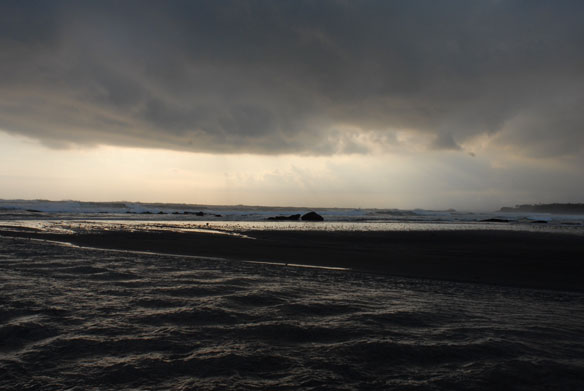
Up to 96% of all marine species and more than two-thirds of terrestrial species perished 252m years ago. Rapid global warming caused the largest extinction event in the Earth’s history, which wiped out the vast majority of marine and terrestrial animals on the planet, scientists have found.
Greenland ice sheet melt ‘off the charts’ compared with past four centuries
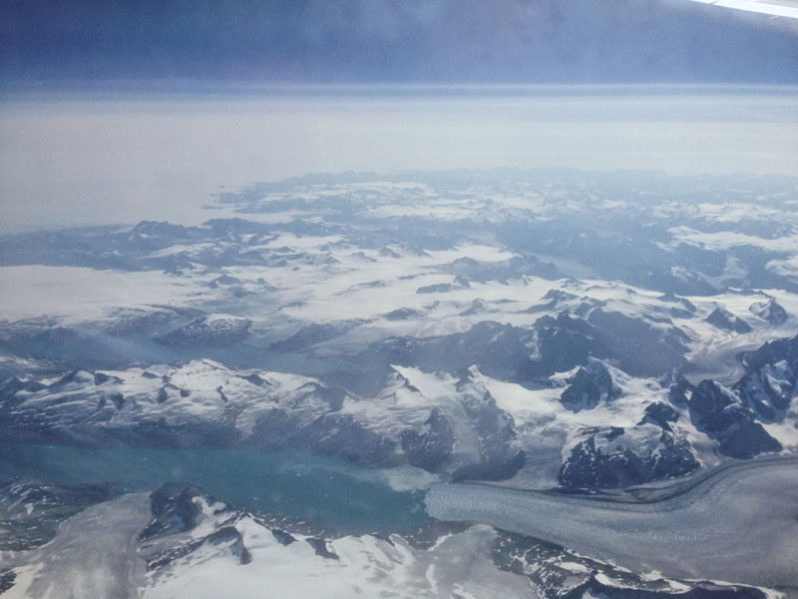
Surface melting across Greenland’s mile-thick ice sheet began increasing in the mid-19th century and then ramped up dramatically during the 20th and early 21st centuries, showing no signs of abating, according to new research.
Uneven rates of sea level rise tied to climate change
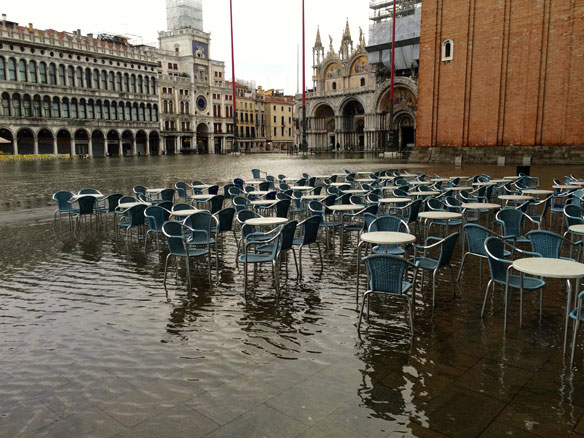
The pattern of uneven sea level rise over the last quarter century has been driven in part by human-caused climate change, not just natural variability, according to a new study.
David Attenborough: collapse of civilisation is on the horizon
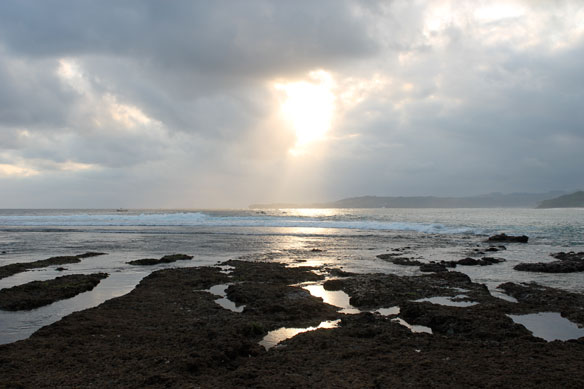
The collapse of civilisation and the natural world is on the horizon, Sir David Attenborough has told the UN climate change summit in Poland.
Nations must triple efforts to reach 2°C target, concludes annual review of global emissions
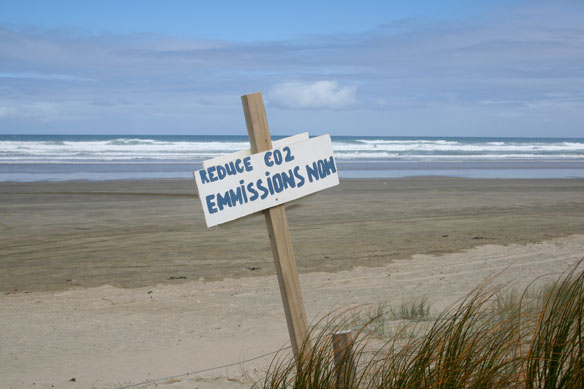
Global emissions are on the rise as national commitments to combat climate change come up short. But surging momentum from the private sector and untapped potential from innovation and green-financing offer pathways to bridge the emissions gap. Those findings along with a sweeping review of climate action and the latest measurements of global emissions were presented by authors of the 2018 Emissions Gap Report.
Climate Solutions: Is It Feasible to Remove Enough CO2 from the Air?
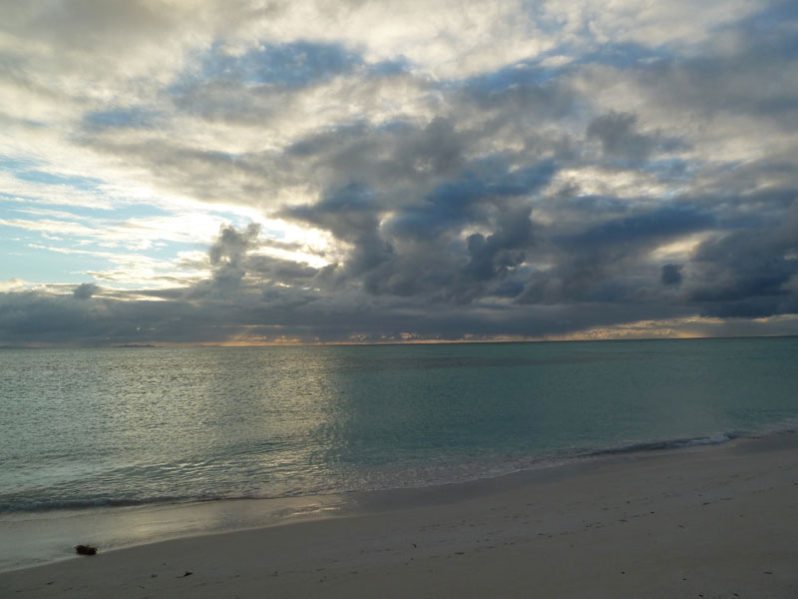
A U.S. scientific panel reports that technologies that take CO2 out of the atmosphere could be a significant part of a strategy to mitigate global warming.
Undeniable climate change facts
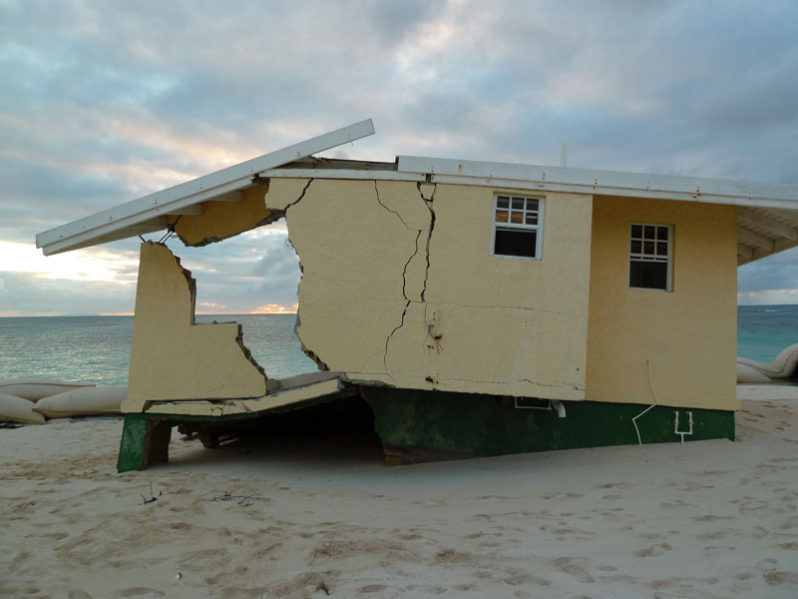
Glaciers are melting; sea levels are rising. And 17 of the 18 hottest years on record have occurred since 2001.
New government report reveals staggering economic and health toll of climate change

Earth’s climate is now changing faster than at any point in the history of modern civilization, according to a long-awaited report released Friday by the federal government.
Portugal to demolish buildings threatened by coastal erosion
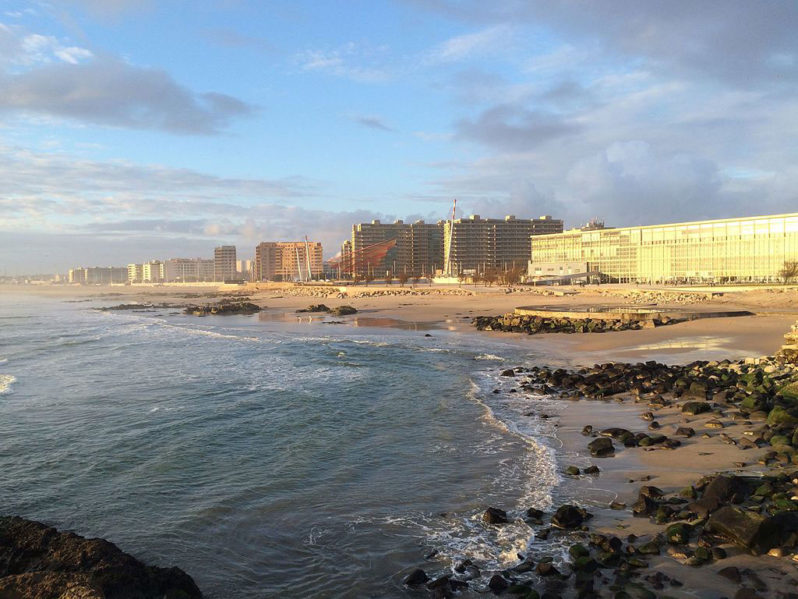
The Portuguese Environment Agency’s new coastal plan involves demolishing dozens of buildings and houses along a 122 kilometre strip of coastline, deemed at severe risk from coastal erosion aggravated by climate change. In the next ten years Portugal plans to spend almost 470 million euros to try to reduce the risks to it population from coastal erosion.
